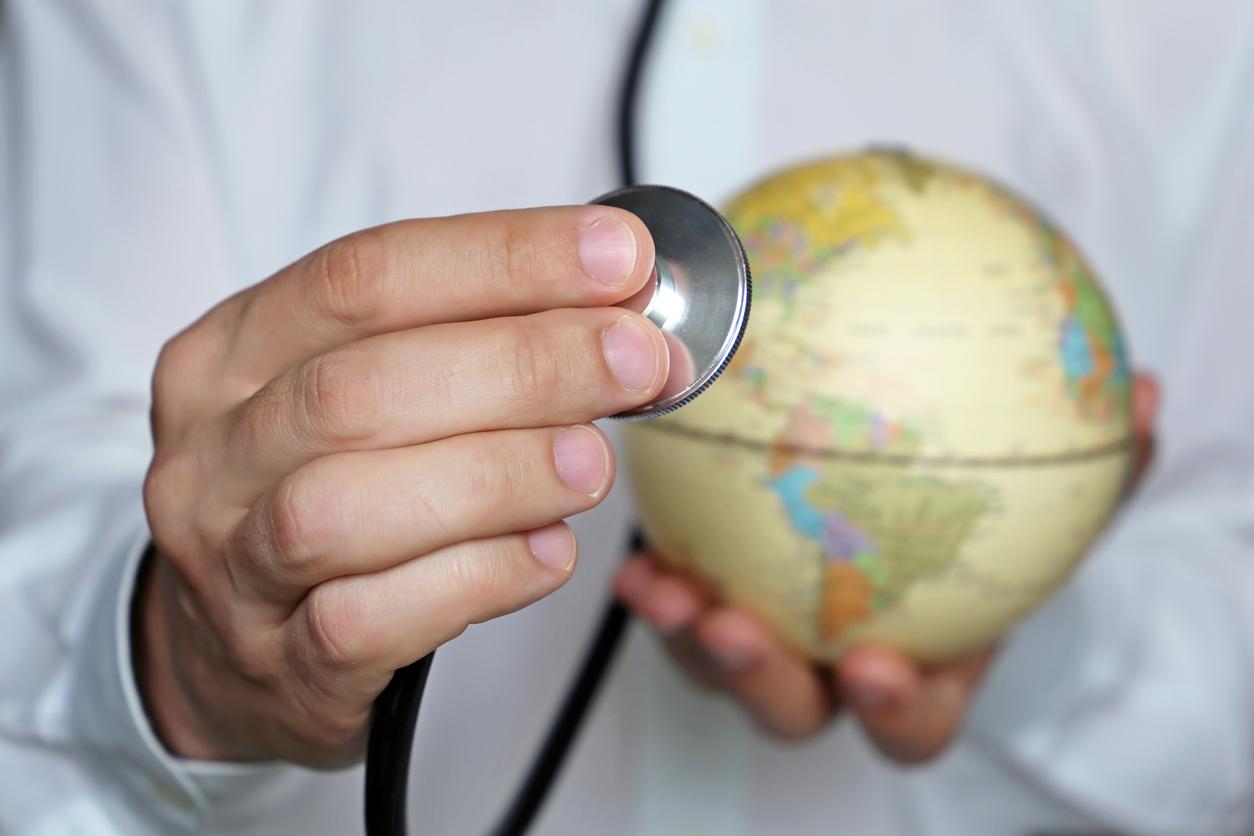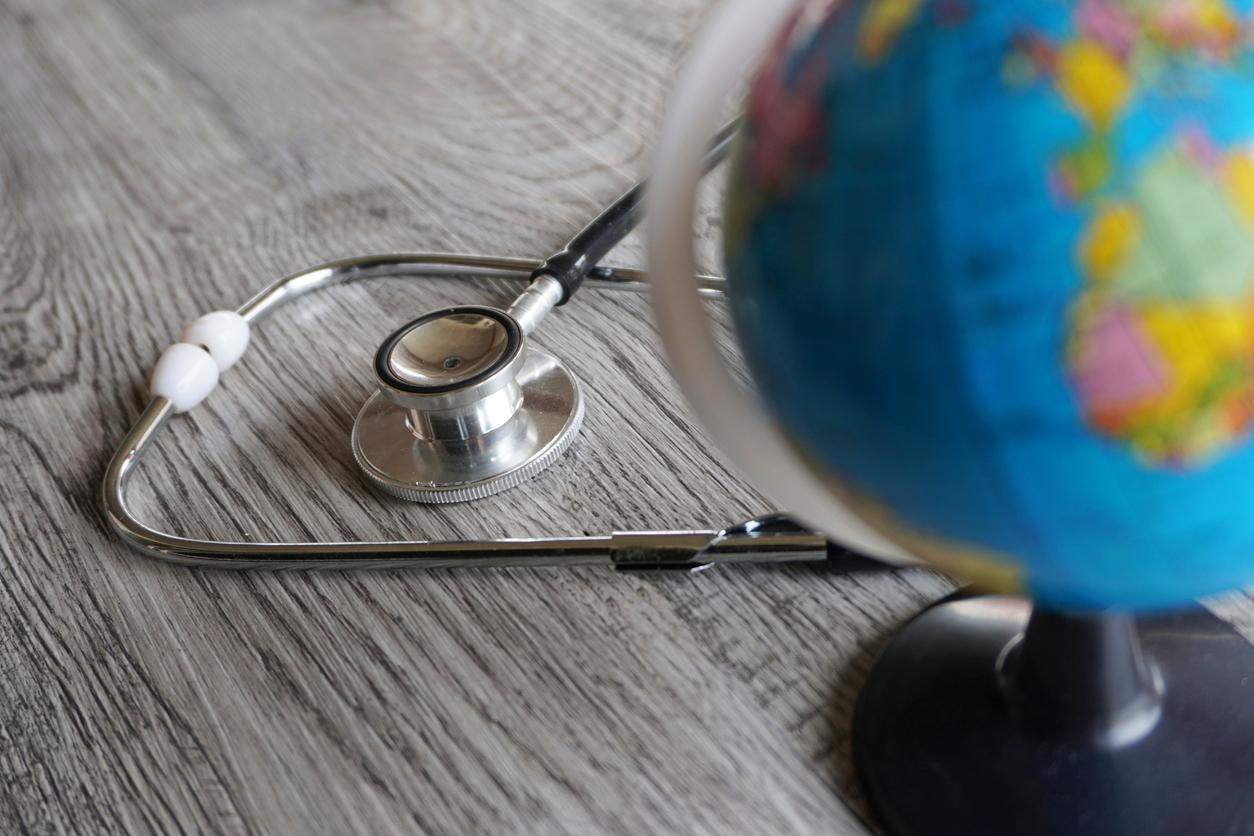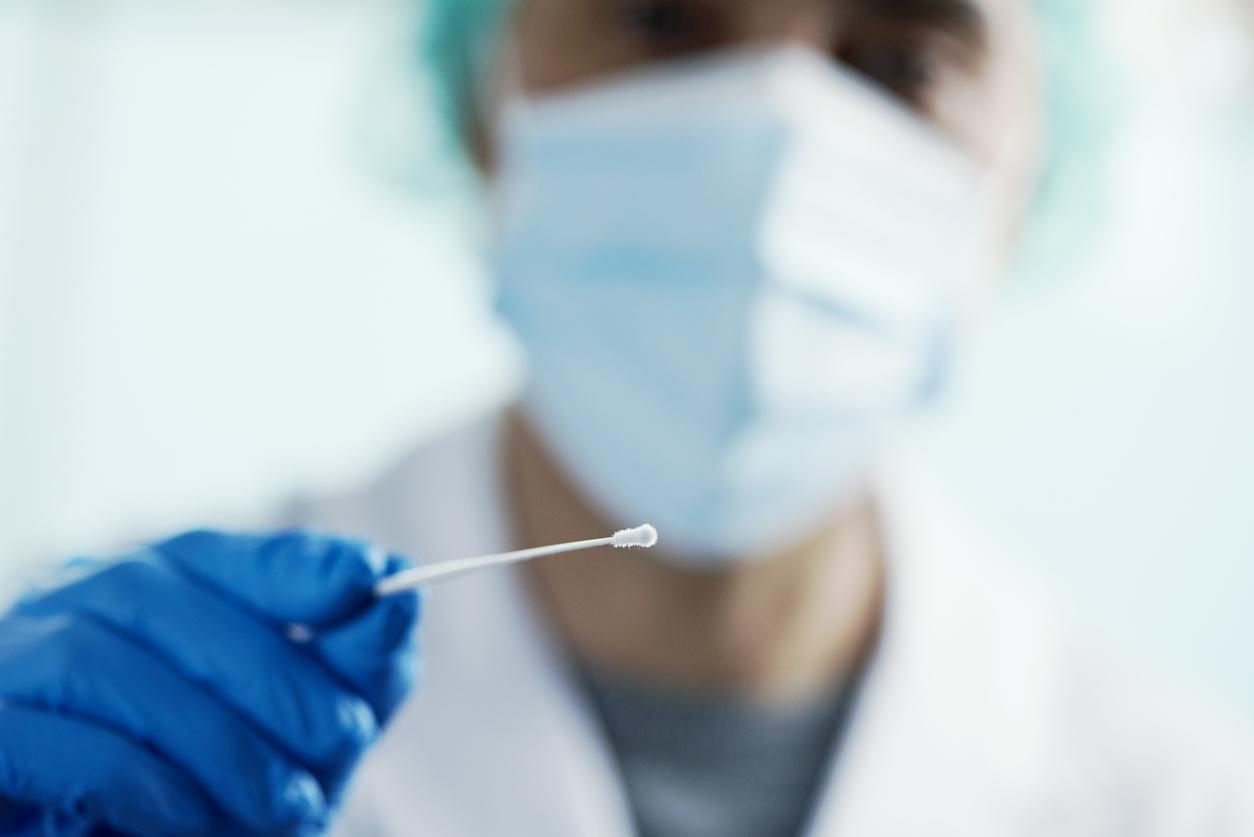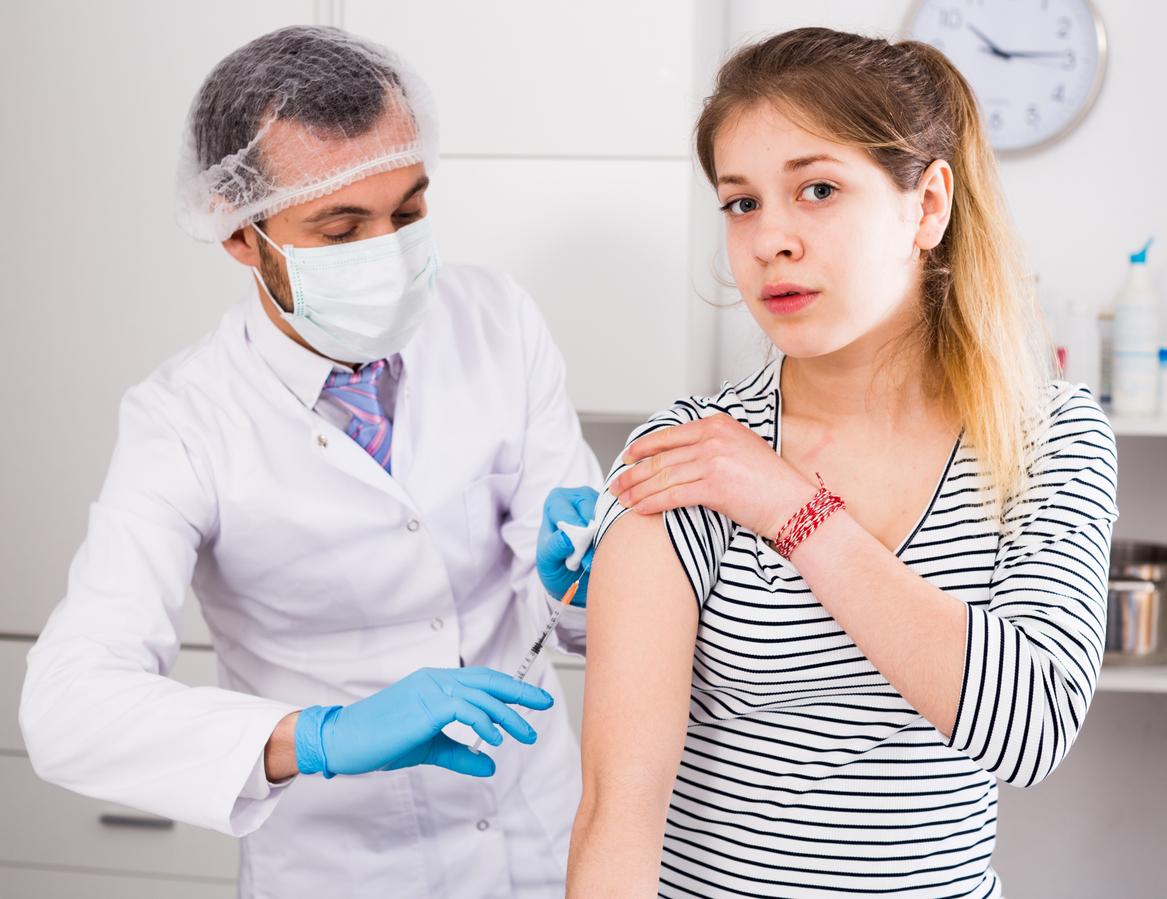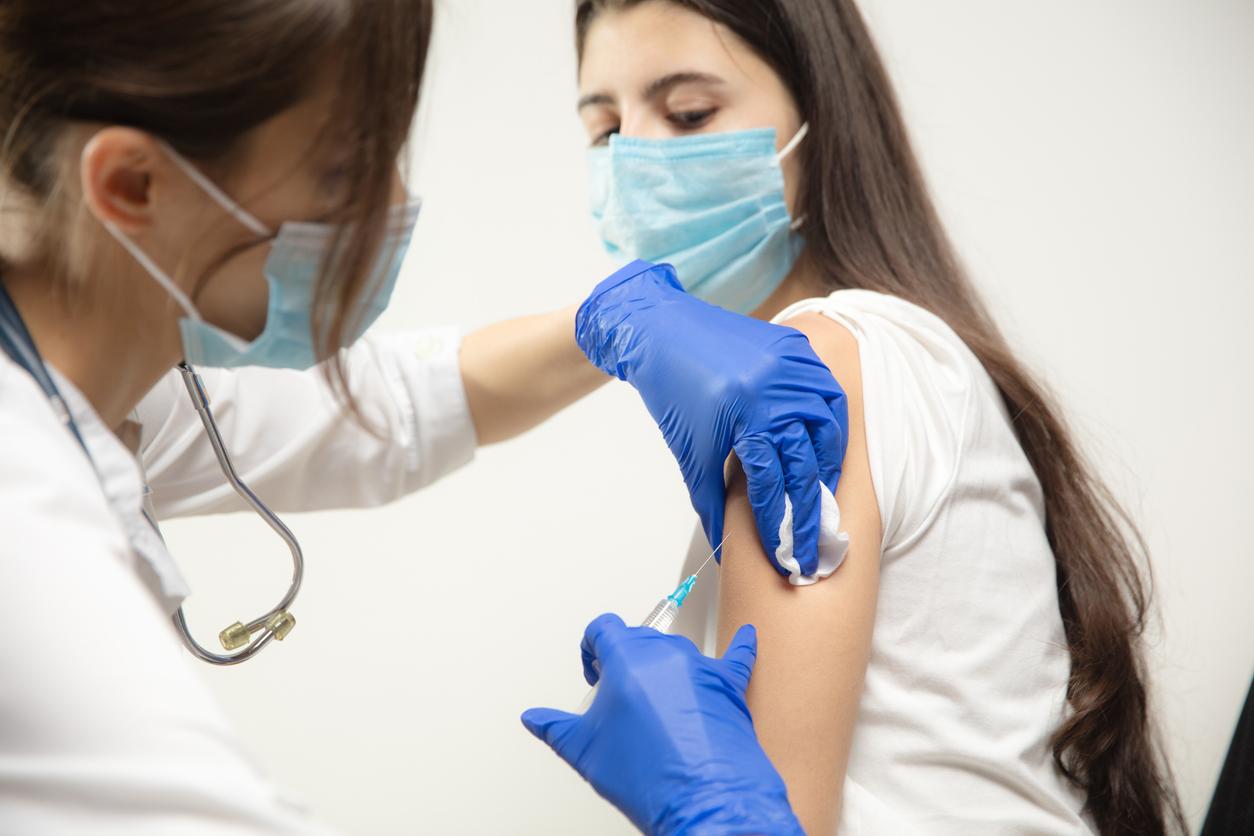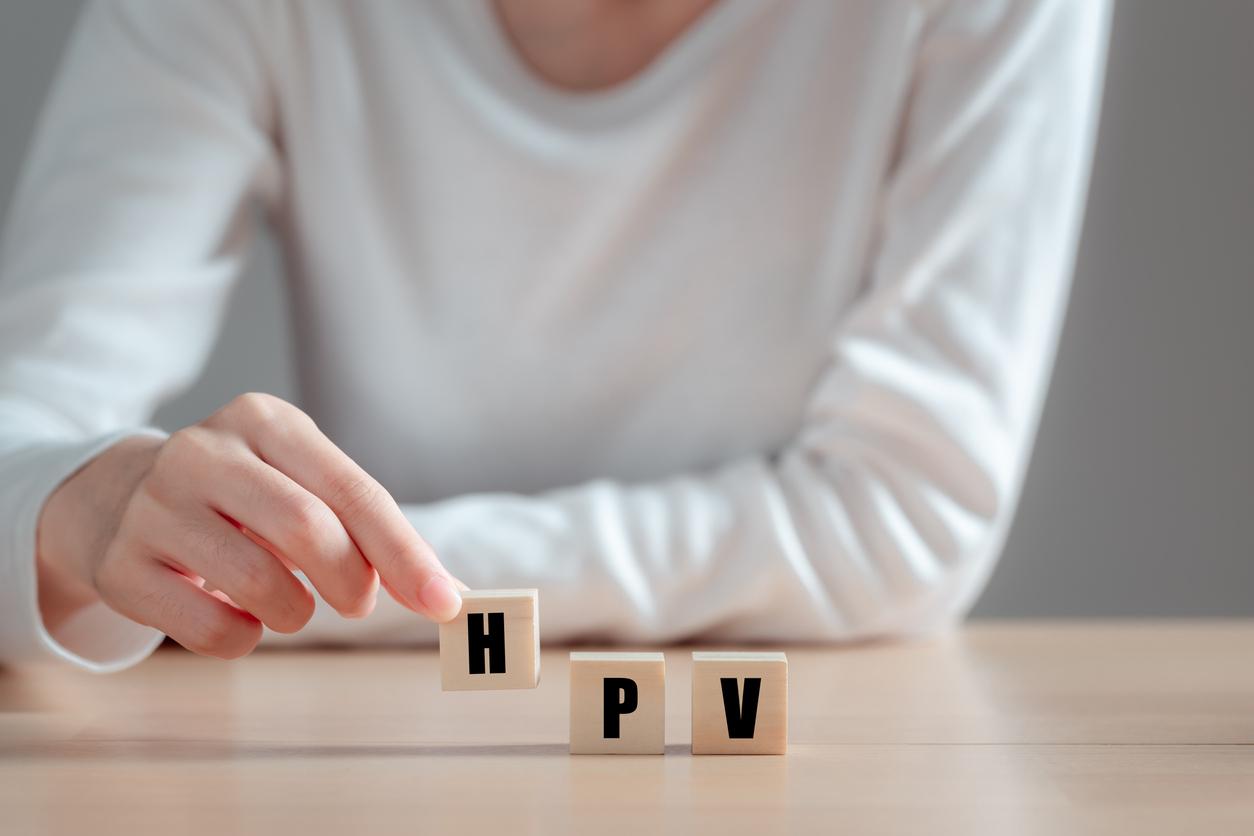As a new vaccination campaign is launched, Doctor Emmanuel Ricard, spokesperson for the League Against Cancer, takes stock of HPV (or “papillomavirus”).
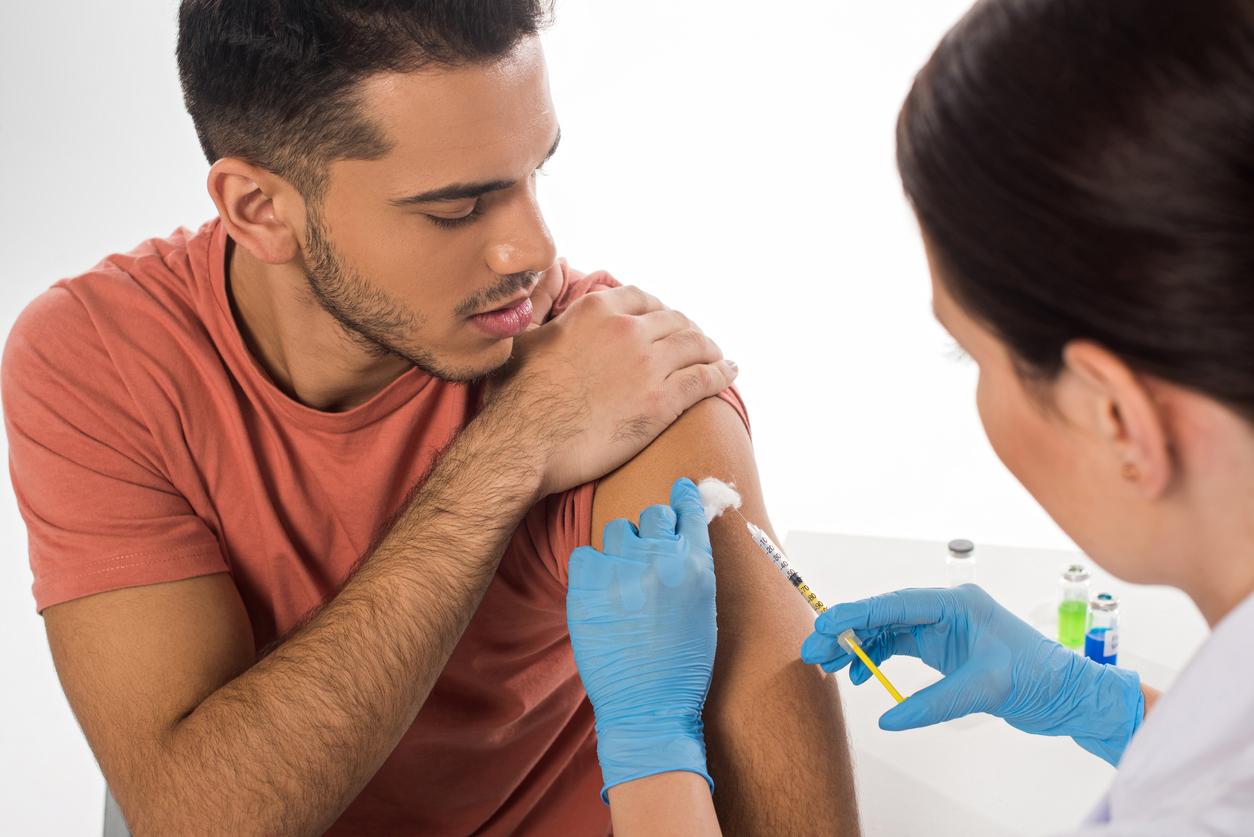
Why doctor – What is HPV (or “papillomavirus”)?
Emmanuel Ricard – HPV is a virus which contaminates humans and which can take different forms (200 subtypes more or less dangerous to health are currently listed).
How is it transmitted?
There is generally a lot of emphasis on the fact that HPV is a sexually transmitted infection. It’s true, but not only that. Indeed, the papillomavirus is also transmitted through the skin, therefore potentially via sexual intercourse without penetration, foreplay, kissing, sex toys, toothbrushes, clothes, towels or washcloths, etc.
Transmission of the papillomavirus can thus be intra-family and occur from boy to boy, from girl to girl, from girl to boy and from boy to girl.
The French have an 80% chance of encountering HPV during their lifetime
Do condoms protect against papillomavirus?
Condoms reduce the risk of transmission but do not eliminate it (female products are more effective than male products in this regard).
What is the incidence of HPV in France?
It is estimated that the French have an 80% chance of encountering HPV during their lifetime.
A new article recently published in “The Lancet Global Health” also established that 21% of men over the age of 15 carry some type of HPV.
It is a very present virus, very contagious and which circulates a lot.
Does it affect women as much as men?
Yes, both sexes are equally at risk. However, vaccination, first reserved for women then for homosexual men, has only been effective among all French boys since 2021.
I would like to take this opportunity to emphasize the fact that people who become infected do not have a specific or particularly unbridled sexuality, contrary to what many clichés still convey.
The health consequences of papillomavirus
What can be the symptoms of an HPV infection?
HPV is completely asymptomatic the majority of the time, which means that people are carriers and transmitters of the virus without knowing it. Only the appearance of anogenital warts can indicate the presence of an infection (i.e. 100,000 cases per year, distributed equally among boys and girls).
Exactly, what other health consequences can the papillomavirus have?
In 90% of cases, people infected with HPV get rid of the virus on their own.
But in 10% of cases, the body retains the papillomavirus and develops pre-cancerous and cancerous lesions over several years.
Thus, in France, 6,400 annual cancers are attributable to HPV. This represents almost 2% of incident cancers (3,000 of them concern cervical cancer, 1,500 concern the ENT sphere and 1,500 concern anal cancers, the rest being distributed between vulvar cancers). , vagina and penis).
HPV: a new vaccination campaign
The government has launched a new HPV vaccination campaign. For what ?
Firstly because vaccination is effective against HPV, as has been demonstrated in Australia, the Scandinavian countries and the United Kingdom. There, 15 years after the implementation of vaccination campaigns, the rate of infections has decreased, as has the number of pre-cancerous lesions and the number of cancers linked to the papillomavirus.
Then, because the HPV vaccination rate is still low in France. Around 45% of young girls have now been vaccinated and only 8% of young boys.
What does it actually consist of?
It only concerns classes of 5th and is reimbursed 100%. Vaccination is done with the authorization of both parents and via doctors who come to colleges. Two doses are injected into adolescents six months apart.
Do you think this is a good initiative?
Yes, because it is the most effective.
How can young people get vaccinated if they do not benefit from this campaign?
Some family planning centers and several STD treatment centers also vaccinate against HPV free of charge, as do some municipal centers made available by several cities (Angers, Lyon or Saint-Étienne for example).
You can also be vaccinated later* by a general practitioner, a nurse, a pharmacist, a midwife or a gynecologist, but in these cases, the process is only reimbursed by Social Security at 65%. .
How to fight HPV?
Are there other things that could be implemented in France to fight against HPV?
In my opinion, it is important to convince parents that this is an effective and safe vaccination, with the classic and minimal side effects of an immune reaction (pain at the injection site, slight overall discomfort, etc.). I would like to point out that there is no causal link between injected products and multiple sclerosis, as was once feared.
It would also perhaps be necessary to ultimately renegotiate downward the price of the vaccine, which is currently quite high (116,83 euros).
Making this vaccine compulsory could also be considered if we cannot achieve a satisfactory coverage rate (i.e. 80% of the population, Editor’s note).
Finally, I am campaigning so that young people who are too old to benefit from the new vaccination campaign are provided with independent care.
A final word on screening?
In France, we only screen for cervical cancer. There is no similar approach for other cancers caused by HPV, nor to know if you are a carrier of the papillomavirus.
*For those who were not vaccinated at age 14, a catching up Vaccination is recommended between the ages of 15 and 19 inclusive (26 for men who have sex with men). Three doses are then necessary.










